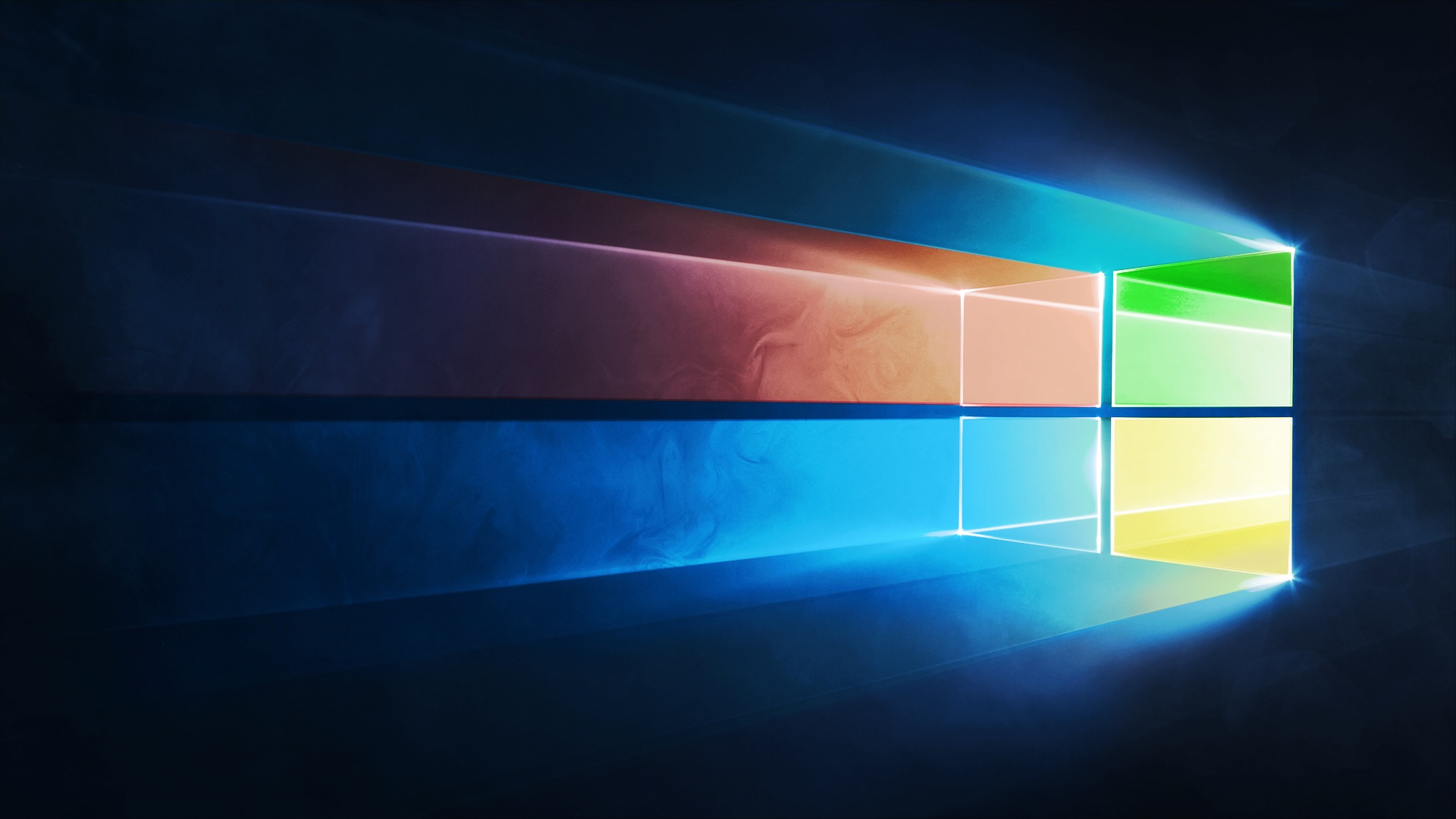A couple of months ago I bought a new notebook (Acer Swift 3 SF315-52G-83WQ).
I had now time to compare the performance with my 7 year old Samsung notebook.
Much to my surprise the new notebook is approximately 25% SLOWER (!) than the old notebook.
This although there are huge a differencen between them:
- CPU: new Intel CPU (=Intel Core i7 8550U CPU) is 5 generations younger than old (=Intel Core i7 3630QM)
both CPU have 4 COre and 8 Threads
- Memory: new 16GB vs. old only 8GB
- Space: new SSD vs. old only hard disk.
- WinOS: new Windows 10 vs old Windows 7
For comparison I used NOT one of the many benchmark tools but a real life task:
Re-encoding a video into the same video but with lower bitrate.
I used the well known, wide spread, free encoding tool "XMedia Recode" which is based (=a gui) for ffmpeg.
Of cause on both notebook I used the same encoding configuration and input video.
Encoding time is on the new notebook ~ 2 hours vs. on the old 1h 35min
I am baffled. Shouldn't the new notebook be (much) faster than the old?
I can think of two reasons: Maybe
- some BIOS settings throttle the SSD (or memory) access
or
- some Win 10 settings prevent full speed
Resource Monitor on the new notebook shows that the average CPU load an all 4 Core/8 Threads is 95%.
So there are no CPU limitations.
Does someone have a recommendation for speedup the new notebook?
I had now time to compare the performance with my 7 year old Samsung notebook.
Much to my surprise the new notebook is approximately 25% SLOWER (!) than the old notebook.
This although there are huge a differencen between them:
- CPU: new Intel CPU (=Intel Core i7 8550U CPU) is 5 generations younger than old (=Intel Core i7 3630QM)
both CPU have 4 COre and 8 Threads
- Memory: new 16GB vs. old only 8GB
- Space: new SSD vs. old only hard disk.
- WinOS: new Windows 10 vs old Windows 7
For comparison I used NOT one of the many benchmark tools but a real life task:
Re-encoding a video into the same video but with lower bitrate.
I used the well known, wide spread, free encoding tool "XMedia Recode" which is based (=a gui) for ffmpeg.
Of cause on both notebook I used the same encoding configuration and input video.
Encoding time is on the new notebook ~ 2 hours vs. on the old 1h 35min
I am baffled. Shouldn't the new notebook be (much) faster than the old?
I can think of two reasons: Maybe
- some BIOS settings throttle the SSD (or memory) access
or
- some Win 10 settings prevent full speed
Resource Monitor on the new notebook shows that the average CPU load an all 4 Core/8 Threads is 95%.
So there are no CPU limitations.
Does someone have a recommendation for speedup the new notebook?


